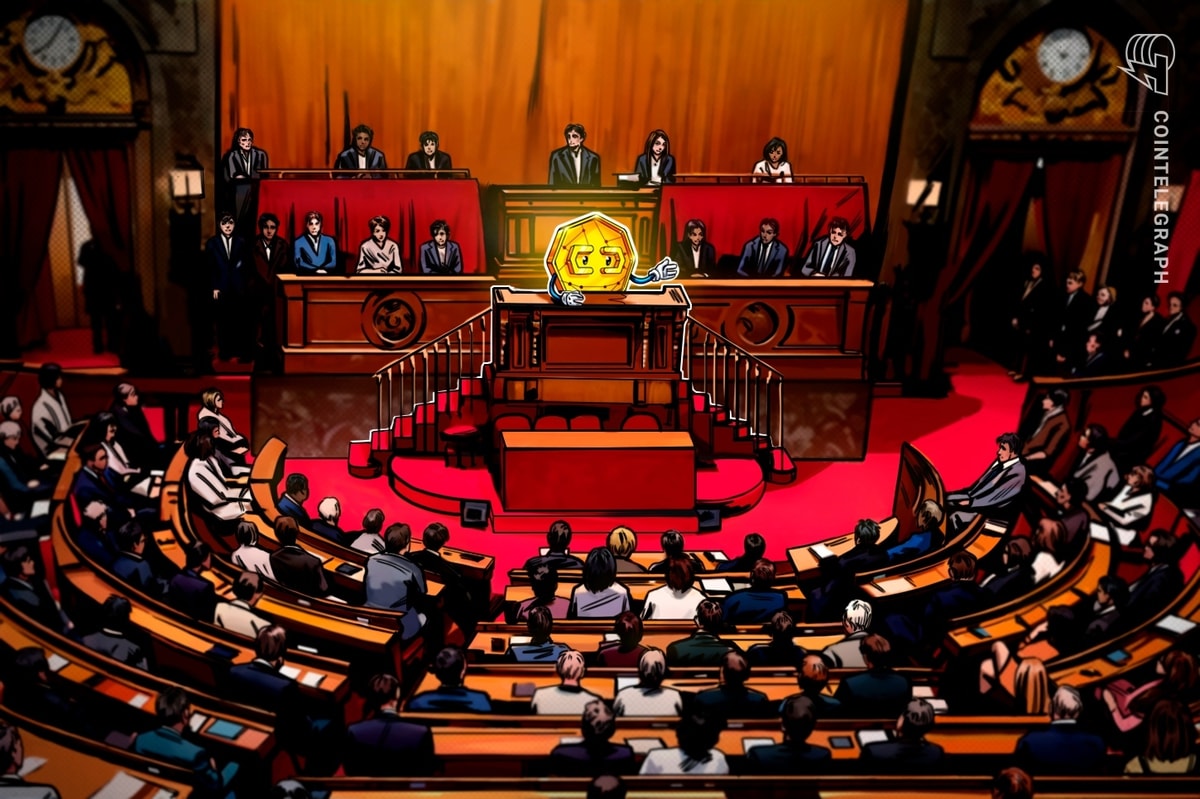US House Approves Three Major Crypto Bills Before August Recess

US House Advances Key Crypto Legislation Amid CBDC Debate
House Passes Three Significant Crypto Bills
In a notable development, the US House of Representatives has successfully passed three important pieces of legislation concerning cryptocurrencies, following some delays attributed to Republican apprehensions regarding central bank digital currencies (CBDCs). During a session on Thursday, lawmakers voted 294-134 in favor of the Digital Asset Market Clarity (CLARITY) Act, which seeks to create a structured market framework for digital currencies. Additionally, the Guiding and Establishing National Innovation for US Stablecoins (GENIUS) Act received a 308-122 vote, while the Anti-CBDC Surveillance State Act narrowly passed with a 219-210 vote.
A significant number of Democrats supported the CLARITY Act, with nearly 80 voting in favor, and over 100 backing the GENIUS Act. These legislative measures were anticipated to progress through the House before the August recess.
Republican Push for Crypto Legislation
Republican lawmakers had urged their colleagues to unite in support of these bills as part of their “crypto week” initiative, reflecting former President Donald Trump’s commitment to swiftly implement his cryptocurrency agenda. However, discussions on a package that included these three bills faced delays as some Republicans sought to include provisions to prohibit the development of a CBDC in the United States.
Positive Industry Response
The passage of these bills has been met with enthusiasm from various stakeholders in the cryptocurrency sector, who view it as a significant victory for the industry. Nevertheless, the anti-CBDC legislation, which garnered the least bipartisan support, may continue to be a divisive issue among party lines. Summer Mersinger, the CEO of the Blockchain Association and a former member of the Commodity Futures Trading Commission, remarked that the vote on the Anti-CBDC Surveillance State Act reflects a commitment to privacy, market competition, and individual financial autonomy.
Opposition from Democratic Leaders
Prior to the vote, California Representative Maxine Waters urged her fellow Democrats to oppose all three bills. In response to the Republican-led “crypto week,” Waters organized a press conference dubbed “anti-crypto corruption week,” where she expressed concerns about potential corruption linked to the Trump administration. She criticized the Republican proposals, stating that they could create significant loopholes in federal financial regulations, thereby jeopardizing consumer and investor safety under the guise of innovation. Waters warned that such measures could heighten the risk of a financial crisis similar to the one experienced in 2008, which resulted in substantial economic losses.
Next Steps for Legislation
Reports indicate that Trump is expected to sign the GENIUS Act by Friday, provided there are no amendments following its passage in the Senate in June. The CLARITY Act and the Anti-CBDC Surveillance State Act will now proceed to the Senate for further discussion and potential amendments before returning to the House or reaching the president’s desk for final approval.







